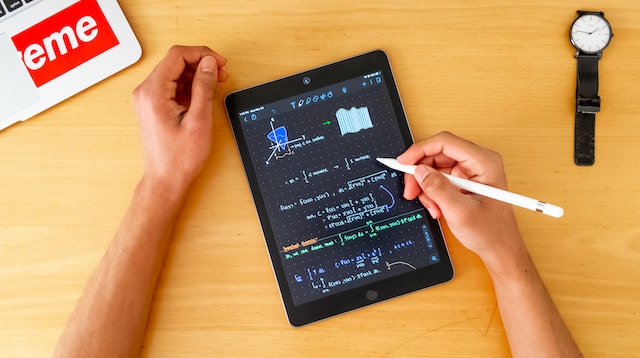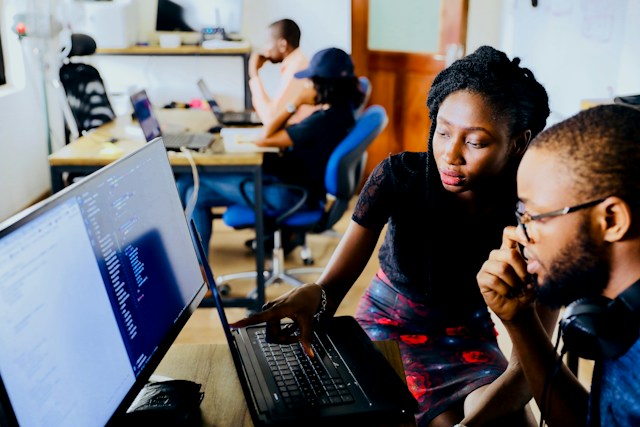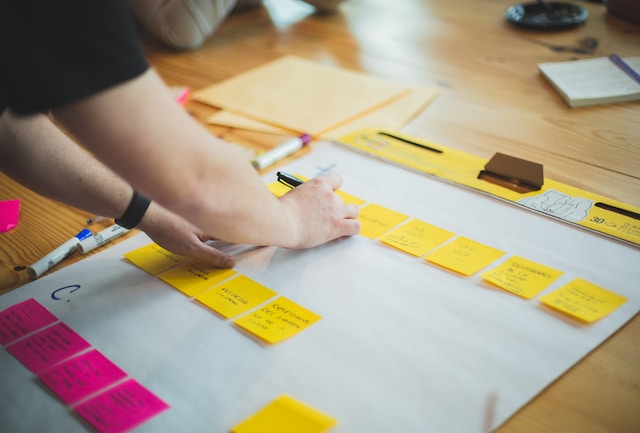2023/24 Internal Projects
Please find below a summary of the internal projects that were funded for 2023/24.
For further information on a project, you can follow the links provided below or please do contact the Project Lead(s) directly.
Please also visit WIHEA's Case Studies and Past Project Catalogue for details of all other WIHEA-funded projects.

Advancing Inclusivity Through Student-Centred Anti-Racism Training
Leads: Richard Clay (WMS) and Emily Roisin Reid (WMS)
This project was dedicated to advancing inclusivity at the University of Warwick by redeveloping an established anti-racism training package, originally created for medical students in 2021. The team aimed to broaden its scope to include the entire student body, placing a strong emphasis on a collaborative approach with student co-creators at the forefront of the learning design.

Continuous Co-Creation Curriculum Renewal Framework Development - Post Conflict Education Reconstruction Curriculum
Leads: Matt Street (FOLD) and Gwen van der Velden (Executive Office/SELCS)
This project will seek to establish a process and framework for curriculum development through co-creation, working with participants (students) experiencing war, crisis or conflict. Noting the extreme situation in which intended programme participants take part in the intended new Masters in Educational Reconstruction, the programme needs to be flexible in both delivery and content (such as case studies, cultural context and crisis specific needs) year on year. Thus, a framework for co-creation with participants in complex circumstances needs to be developed. It is intended that this project creates that framework and provides a reliable approach for future ongoing co-created iterations.

Evaluating student and staff awareness of Education for Sustainable Development: Establishing a baseline for Higher Education
Leads: Freeha Azmat (WMG) and Joanne Lee (SMLC)
The project's objective was to assess existing levels of awareness of Education for Sustainable Development (ESD) among students and staff and co-create materials to enhance awareness of ESD and help staff embed ESD holistically into teaching and learning practices.

Exploring the International Awarding Gap
Leads: Thomas Greenaway (Student Opportunity) and Simon Brown (Student Opportunity)
This project aimed to investigate and understand the factors that might be influencing the “International Awarding Gap”, or the difference in the proportion of “Home” versus “International” (EU and International) Undergraduate students who are awarded an upper 2nd class or 1st class degree, at the University of Warwick. The study aimed to explore the possible reasons for the Awarding Gap, capture student experiences and staff perspectives, identify and share exemplars of good practice and recommend actions that can be taken to close and ultimately eliminate this gap.

Exploring the use of AI in mathematics and statistics assessments
Leads: Siri Chongchitnan (Mathematics) and Martyn Parker (Statistics)
This project conducted a systematic study of how artificial intelligence (AI) currently affects the assessments in mathematics and statistics departments, and formulated a strategy for future assessments, which is available on the project page.

Interdisciplinarity Transformative Review and Network 2024
Leads: Catherine Hale (WMS) and Joanne Wale (IATL)
This project was an evaluation of the transformative effect of the University’s Education Strategy and its goals relating to Interdisciplinary Teaching and Learning with the creation of an interdisciplinary network; which includes two strategic areas: (1) Engagement and Inclusion because it is student learning beyond disciplinary boundaries; and (2) Curriculum Design and Development because it is interdisciplinary pedagogy and vision.

Investigating the Perceived Skills Gap Between University and the Workplace
Leads: David Molyneux (Student Opportunity) and Marion Patel (Life Sciences)
This project investigated how students perceive the skills they develop through their education at Warwick and to what extent they feel able to apply them in the workplace. This included investigating how degree skills are applied to workplaces, and to what extent the perceived disparity is impacted by students' ability to link and articulate the skills gained in their degree to those required to their employment context.

The Student Experience of (Barriers to) Belonging: Co-Creating a Better Understanding of Belonging at Warwick
Leads: Tom Ritchie (Chemistry) and Inca Hide-Wright (Liberal Arts)
This student-driven project analysed Qualzy feedback to understand and tackle barriers to belonging, expanding on current work at Warwick to co-create resources with students to equip them to actively shape a more inclusive campus.

Warwick Sustainability Challenge (WSUsC): continuation project
Leads: Lory Barile (Economics) and Bo Kelestyn (WBS)
The main objectives of this project were to continue the delivery of the Warwick Sustainability Challenge as a regular activity designed to enhance the awareness and development of skills for sustainability across the Warwick community, and to develop a working methodology for identifying and reflecting on skills development in sustainability contexts for students on taught programmes who are eligible for the Warwick Award. The project also aimed to continue to raise the reputation of Warwick as a leading institution to enhance best practices to transition to net zero and establish and/or reinforce the relationship with key external stakeholders (such as Coventry City Council).

Warwick University Study Toolbox (WUST): Navigating Project Management Concepts and Technology Choices
Leads: Julia Brettschneider (Statistics) and Martyn Parker (Statistics)
Non-traditional learning and assessment portfolios with elements like group projects, digital platforms, and flexible learning offer substantial opportunities but may introduce barriers for students who find social interactions challenging, are less adept with technology, or struggle with change and decision-making. In this project, we elicited from students, academics, and teaching support staff which concepts and technologies provide support to deal with the increased demands on self-guidance and project management.
